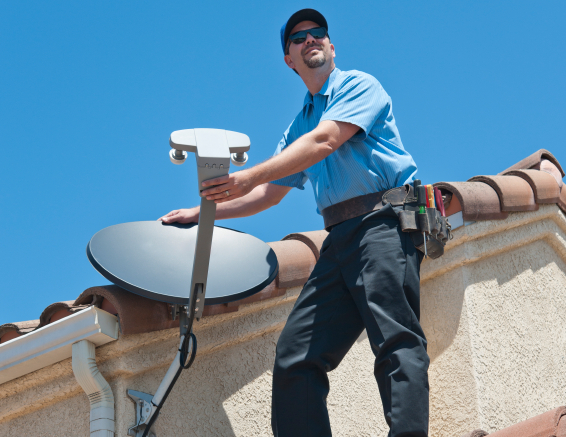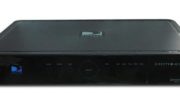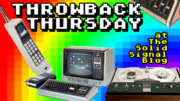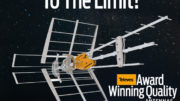You want to do it yourself, and we want to help. But before you step out on that roof, you’re going to want a few tools with you. Great tools are the first step to getting the job done right. Of course I’d love it if you shopped Solid Signal even for the basic stuff, but if you’d prefer a local home store, that’s fine too.
The basics
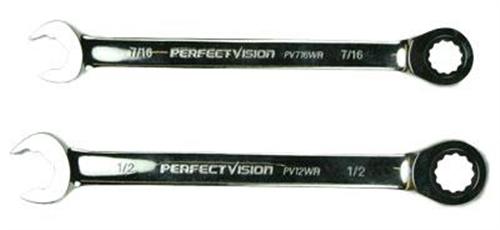
You’re going to need wrenches. If you don’t have a good set of box wrenches you’ll want one, and you’ll want a good crescent (adjustable) wrench as well. The big sizes you’ll want are 7/16″ (used for coax connections) and 10mm (used for a lot of antenna and mounting equipment.) It’s not a bad idea to have a few sockets as well in the common sizes but honestly it’s not as critical. You’ll use the wrenches more.
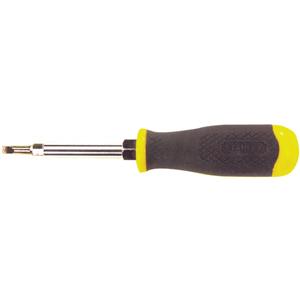
You’ll also want good screwdrivers in various sizes. A nice vanadium-tipped flat head screwdriver is going to get a lot of use. I also use precision screwdrivers a lot for poking around small spaces and they’re cheap.
Intermediate
You’re agoing to want a bunch of grounding supplies. I can’t tell you exactly what to buy because cities and towns have their own ordinances, but you’ll usually want grounding straps, grounding blocks, and a lot of good copper wire. People tend not to ground their equipment like they should because usually the equipment works great without being grounded and it tends to get late in the day. But trust me, grounding isn’t the law, it’s also a great idea. It can save your home from destruction, plain and simple.
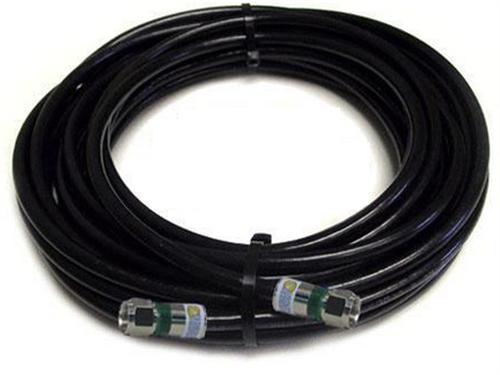
Do yourself a favor and get a good supply of high-quality coaxial cable. The stuff you get from the home store isn’t usually suitable for satellite or amplified antenna use, and if you know what you’ll need, our techs will make cables to your specs so you don’t have to.
By the way, I’m not a huge fan of inexpensive signal finders or meters, so if you’re in the market for a meter, read on and we’ll talk about the options you should be considering.
Advanced
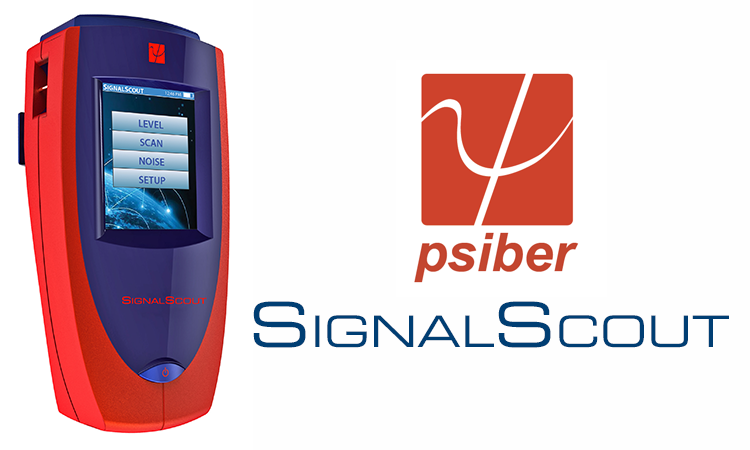
You’ll need a meter if you’re going to do this sort of thing more than once. If you’re only doing it once, you can probably rely on the TV, satellite receiver, or an app on your phone for the basics. The Signal Scout meter that we sell is perfect for antennas and cable TV. For satellite, you’ll need something a little more expensive. DIRECTV users rely on the AIM meter while DISH users must use something like the Applied Instruments modular base with satellite module.
If you’re doing a lot of cell signal booster install I’d recommend a meter like this one from WilsonPRO, although honestly a cell phone app for your Android does a lot of the same stuff if you’re not making a living out of booster installs.
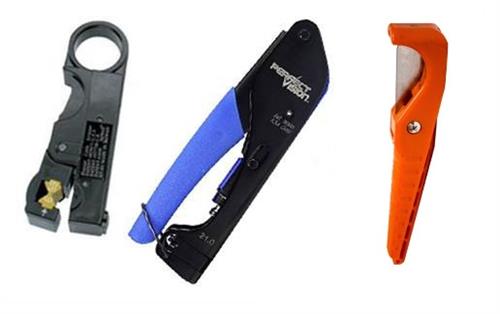
You’ll want a tool for making your own coaxial cable ends, and we have a starter kit that works well. It’s a very subjective thing and that’s why we carry a lot of different tools and cutters for this purpose. Expect to go through a couple before you find the one you want, or try out one that a friend has before you buy.
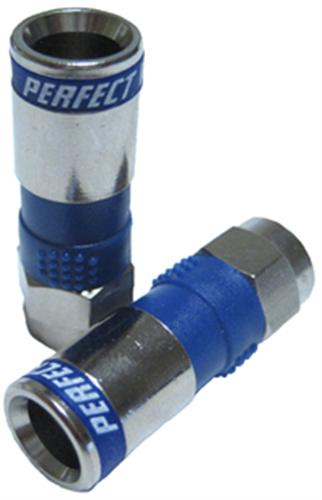
We also have more F connectors and adapters than you could possibly ever want. There’s so much there, you aren’t going to know what to choose — these ones are my personal favorite. They’re durable, go on easy and work with most RG6 cables. You can choose your own but avoid screw-on or push-on connectors if you’re working with satellite TV.

